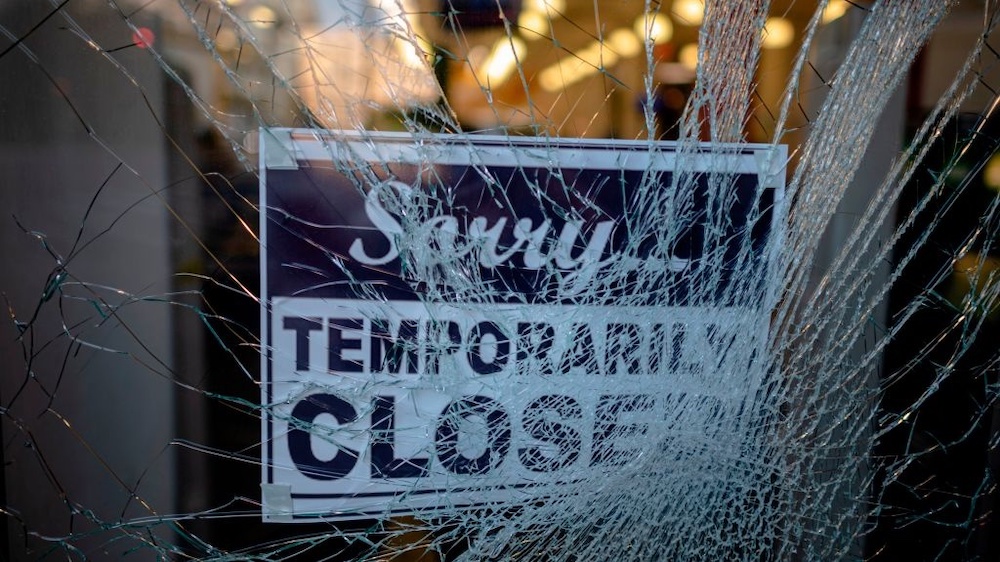If you’re interested in sharing your opinion on any cultural, political or personal topic, create an account here and check out our how-to post to learn more.
____
In 1968, after the assassination of Martin Luther King Jr., Esquire magazine interviewed writer James Baldwin and asked, how can we get the Black people to cool it? To which Baldwin responded, "It’s not for us to cool it."
Black people are suffering from PTSD stemming from our forced arrival in America and the experiences that followed. We’ve endured rape, murder and babies being snatched from our wombs and put to work. What should we do with that aggression when, over 400 years, the behavior hasn’t gone anywhere? The racist ideologies that defined America in 1619 are sewn deep into the fabric of this country.
When August Wilson wrote about blood's memory — the memory that lives in the blood — he was talking about PTSD. When soldiers return from war and PTSD goes untreated, they endure a lifetime of suffering. They’ve killed themselves, their wives, their children. They’ve experienced homelessness and drug addiction, all to grapple with the things that they’ve seen and done in the name of country and survival.
A man doesn’t wake up on Sunday morning and choose to take a TV from Walmart. Those who are committing the act may not understand, spectators may not understand, but this is where we are. Rather than question how people act out their rage, one should ask what happened to lead us here. America knew after the Detroit riots. After the 1968 Kerner Commission. Selma. They knew after Emmitt Till, Rodney King, Trevon Martin, Mike Brown and Sandra Bland. Before asking the suffering to compose themselves with a literal foot on their necks, consider the actions that have caused us to fight back.
November 7, 2020 marked a new day for America. We watched as people of all backgrounds celebrated across the country — cheering, crying, hugging — hoping for a better day, a feeling that Black folks have held in the pits of their stomachs for centuries. Centuries spent trying to survive on the land where, a short time ago, our ancestors were slaves. Centuries spent trying to make an honest living and carve out existence in a society that tells us we don't belong. Black optimism was met with anger and fire — in Greenwood, in Rosewood and a small church in Charleston.
The barrier between onlookers and those in the streets is a thick layer of privilege, laid by people who aren’t living in poverty, sending their children to underfunded schools and taking several buses to a job where they're severely underpaid. Communities are angry, starving and exhausted — largely due to the mechanisms that keep them there. Mechanisms that have evolved and been legislated into the legacy of America.
As we descend on a new journey of hope, I hold onto the memory of my ancestors who dared to rebuild, and words by Toni Morrison after the brutal beating of Rodney King by the LAPD: “What struck me most about the people who were burning down shops and stealing, was how long they waited. The restraint. Not the spontaneity, but the restraint. They waited for justice for almost a year, and it didn’t come. No one talks about that.”
